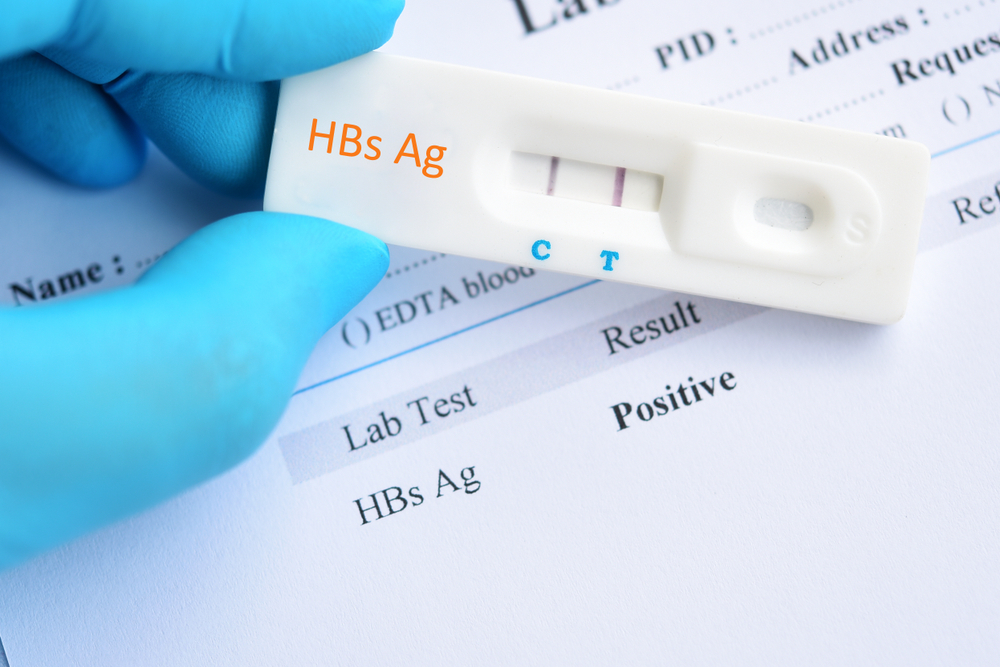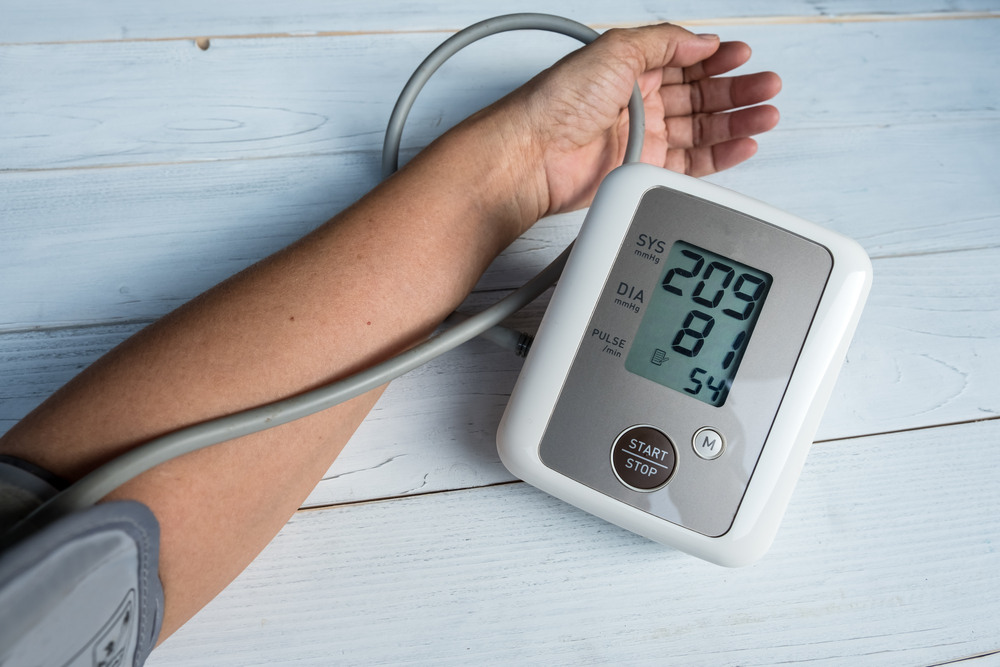Contents:
- Medical Video: Screening for Hepatitis B and C
- What is hepatitis B?
- HBsAg is a blood test to diagnose hepatitis B
- Who needs to do HBsAg examination?
- Are there other tests for diagnosing hepatitis B?
Medical Video: Screening for Hepatitis B and C
HBsAg is an extension of Hepatitis B surface Antigen, which is the hepatitis B virus surface antigen. HBsAg examination is done to confirm the diagnosis of hepatitis B. If the results of HBsAg examination are positive, then you are infected with the hepatitis B virus (HBV) and risk transmitting this disease to other people through your blood or body fluids.See complete information about hepatitis B and HBsAg examination in this article.
What is hepatitis B?
Hepatitis B is a serious liver infection caused by the hepatitis B virus (HBV).According to South East Asian Region, Indonesia is a country with the second highest endemic hepatitis B event after Myanmar.
In general, there are two types of hepatitis B, namely acute and chronic. Most people who get hepatitis B when they have an acute infection, but this can lead to chronic infection. Meanwhile, chronic hepatitis B is more common in infants and children. If left without proper treatment, this infection can increase your risk of developing liver failure, heart cancer, orcirrhosis, a condition of permanent liver damage.
HBV is transmitted from one person to another through blood, saliva, semen, and vaginal fluids. Some of the most common modes of transmission of hepatitis B include:
- Unprotected sex by changing partners or with someone infected with HBV, both sex between men and women and men with men (homosexuals).
- Babies born to mothers infected with this virus.
- Using a syringe used by an infected person.
- Having a job that makes you vulnerable to exposure to other people's blood, such as a doctor or nurse in a hospital.
- Travel to places with high rates of HBV infection, such as Asia, Africa and Eastern Europe.
- Use personal items together, such as shavers and toothbrushes together with infected people.
The Centers for Disease Control and Prevention (CDC) says that chronic hepatitis B cannot be cured. Treatment given to patients is done only to suppress the growth of viruses in the body. Therefore, people who are sick with hepatitis B must do treatment for the rest of their lives.
HBsAg is a blood test to diagnose hepatitis B
The hepatitis B virus has a surface antigen (called HBsAg) that causes your immune system to make antibodies. HBsAg can be found in the blood a few weeks after you get infected. If after the examination it is known that HBsAg results are positive, meaning you are infected with the hepatitis B virus and have the potential to spread HBV to others.
Although HBsAg examination can help diagnose hepatitis B, this test cannot distinguish whether the infection experienced by the patient is acute or chronic.
Basically positive or negative HBsAg results depend on age, gender, medical history, the method used for the test, and other things. It should be underlined that the results of an HBsAg examination do not always indicate that you have a serious health problem. However, the results of this examination can determine the possibility of you being infected with the hepatitis B virus.
Who needs to do HBsAg examination?
A person may need an HBsAg examination if the doctor suspects that you might have a liver infection caused by the hepatitis B virus.
You might also need an HBsAg examination if you experience typical symptoms of hepatitis B such as jaundice or jaundice (jaundice), thick or dark urine, lower abdominal pain, and appetite which has decreased dramatically for some time.
You may also be advised to take an HBsAg if you are among those at high risk of hepatitis B, such as:
- Often having unprotected sex, for example without condoms and changing sex partners
- Recently had sex with a person suffering from HBV
- Get the results of liver function tests with unexplained abnormalities
- Suffering HIV or hepatitis C
- Traveling to countries with high hepatitis B cases, including Asia, the Pacific Islands, Africa and Eastern Europe
- Using injecting drugs
- Is a man who has sex with other men
- Undergoing kidney dialysis (dialysis)
- Using drugs that suppress the immune system, such as anti-rejection drugs used after organ transplants
- Work in a hospital or health clinic
Besides being used to diagnose hepatitis B, HBsAg examination is also done to see how well your hepatitis B treatment is working.
Are there other tests for diagnosing hepatitis B?
In addition to performing an HBsAg examination, the doctor may also conduct a series of other tests to establish the diagnosis. Some other tests that doctors might do include:
- Total hepatitis core antibody (Anti-HBc). These antibodies appear since the occurrence of acute infection and last a lifetime. The presence of anti-HBc indicates the presence of an old infection or an ongoing infection in an indefinite time.
- Hepatitis B surface antibody (anti-HBs). This check is done to see your immune system against the hepatitis B virus. If the examination shows positive results, chances are that you will be protected from exposure to the hepatitis B virus. Usually the results of a positive examination because you have previously carried out the hepatitis B vaccine. a positive examination also means that you are recovering from an acute hepatitis B infection.
- Other blood tests. The doctor may also advise his patient to have another blood check along with the hepatitis test above to find out what type of virus and what stage of infection you might experience. Not only that, blood tests can also be done to see the function of your heart whether working harder than usual, being under pressure, or even experiencing severe damage.
















